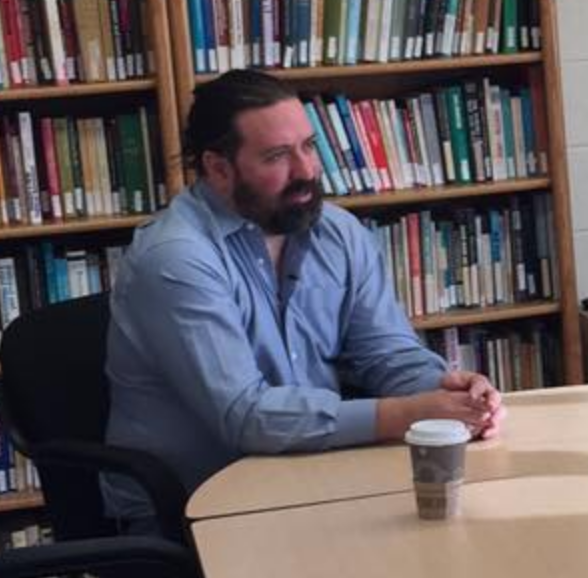ethics of war
- A-S 3900: Humanitarian Intervention
A-S 3900: Humanitarian Intervention
Course Description: From the Universal Declaration of Human Rights in 1948, to the Rwandan genocide in 1994, to the Arab Spring in 2011, the norms governing humanitarian intervention have been subjected to intense scrutiny and debate. This discussion is complicated by the multitude of stakeholders affected, the politicization of intervention, and the wide variety of forms intervention can take—from traditional UN peacekeeping to NGOs to full-fledged military engagement. Where the just war tradition turns to cases of individual self-defense in search of moral principles that govern national self-defense, humanitarianism finds its moral basis in other-defense. This course will explore how to apply principles of just war theory to humanitarian intervention. Using the Responsibility to Protect as our conceptual framework, we will evaluate the morality of unilateral humanitarian wars of the cold war era, UN peace keeping operations of the early 1990s, and contemporary humanitarian aid.
Course Syllabus (Spring 2018)
- PHIL 3140/GIST 3500: Ethics of War
PHIL 3140/5700: Ethics of War
Course Description: There has been a long, intellectual tradition in thinking about the moral justification of war, ranging at least from Thomas Aquinas’s writings in the 13th century to Michael Walzer’s Just and Unjust Wars to contemporary work by Jeff McMahan and others. The tradition draws distinctions between the justice of war itself (jus ad bellum), restrictions on our conduct within war (jus in bello), and our obligations following the conclusion of war (jus post bellum). The contemporary advent of terrorism arguably challenges central tenets of this just war tradition, replacing the doctrine of preemption with that of prevention, blurring the distinction between civilians and combatants, accelerating both the speed and potential damage of attacks, and so on. How, if at all, should these features of terrorism lead to a revision of just war principles? Finally, consider modern military technologies, including weaponry, robotics, drones, cyber, and warfighter enhancement. Do these alter the state of play such that traditional just war principles become displaced? Or can these principles accommodate novel technologies? [This course has been run under different course codes but has the same description; either title has substantial units on both just war theory and the ethics of emerging weapons technologies.]
Course Syllabus ([Phil 5700] Spring 2014, [PHIL 3140/GIST 3500] Spring 2018)
@ University of Michigan [Phil 430: Topics in Ethics: Ethics of War]. Course Syllabus (Fall 2010)
@ University of Wyoming [Pols 4710]. Course Syllabus (Fall 2016)
@ University of Notre Dame. Course Syllabus ([PHIL 20628: Ethics of Emerging Weapons Technologies] Spring 2017, [PHIL 20422: Just War Theory] Fall 2017)
- PHIL 6000: War, Terrorism, and Torture
PHIL 6000: War, Terrorism, and Torture
Course Description: There has been a long, intellectual tradition in thinking about the moral justification of war, ranging at least from Thomas Aquinas’s writings in the 13th century to Michael Walzer’s contemporary classic, Just and Unjust Wars. The contemporary advent of terrorism arguably challenges central tenets of the just war tradition, replacing the doctrine of preemption with that of prevention, blurring the distinction between civilians and combatants, accelerating both the speed and potential damage of attacks, and so on. How, if at all, should these features of terrorism lead to a revision of just war principles?
In the war on terror, much controversy has emerged over the use of torture. The Third Geneva Convention protects prisoners of war against torture, but there are at least two ways around this convention: either by denying that it applies or else conceiving of torture in such a way that hostile measures nevertheless fall short of it. Should it apply? And what is torture? Independently of the historical and legal status of torture, we can ask whether it could be morally justified. In particular, imagine that the torture of a terrorist will reveal actionable intelligence that is necessary for the protection of innocents. If so, is torture permissible? Regardless, are such scenarios anything other than philosophical fiction?
Course Syllabus (Spring 2009)
